In the pursuit of better health, women are increasingly embracing strength training—not just for aesthetics, but for its profound effects on strength, metabolism, and long-term vitality. Paired with optimal protein intake, resistance training can be a game-changer for women of all ages.
Let’s dive into the latest research, practical strategies, and the transformative benefits of strength training and protein, especially for women over 40.
Why Strength Training is Crucial for Women as They Age
The aging process brings natural changes that can lead to muscle loss, weaker bones, and slower metabolism. While these changes are common, they are far from inevitable—strength training can significantly mitigate these effects.
Combatting Sarcopenia (Age-Related Muscle Loss)
Sarcopenia, the gradual loss of muscle mass and strength, begins as early as our 30s, accelerating in our 50s and beyond. Without intervention, women lose about 3–8% of muscle mass per decade after 30, with declines reaching up to 50% by the 70s. This muscle loss impacts not only strength but also metabolism and functional independence. Maintaining lean muscle is one of the most important predictors of healthspan—the period of life spent in good health.
Resistance training directly counteracts sarcopenia, promoting muscle growth (hypertrophy) and improving physical capacity. A 2018 review published in the Journal of Cachexia, Sarcopenia and Muscle found that even women over 65 could gain significant muscle mass through consistent resistance training.
Preserving Bone Density
Women experience a steep decline in bone density after menopause due to reduced estrogen levels, increasing the risk of osteoporosis and fractures. Studies confirm that weight-bearing exercises like squats, deadlifts, and overhead presses can increase bone density by 1–3% annually.
Conversely, women who don’t strength train can lose up to 20% of their bone mass in the first decade after menopause, according to the National Osteoporosis Foundation. Strength training not only improves bone strength but also enhances balance and coordination, reducing the risk of falls.
Enhancing Metabolic Health
Muscle tissue burns more calories at rest than fat, making it a metabolic powerhouse. Each pound of muscle burns about 6 calories per day at rest, compared to just 2 calories for fat. As muscle declines with age, the resting metabolic rate decreases, often leading to weight gain and a higher risk of chronic conditions like Type 2 diabetes.
Strength training preserves lean muscle mass, boosting metabolic health and aiding in sustainable weight management.

Improving Longevity and Cognitive Health
Muscle mass is a predictor of healthspan—the period of life spent in good health. Research from The American Journal of Clinical Nutrition highlights that individuals with higher muscle mass have a 50% lower risk of premature death compared to those with less muscle. Additionally, regular strength training has been linked to improved cognitive function, reduced anxiety, and better sleep quality in aging populations.
The Role of Protein in Aging and Strength
While strength training builds and strengthens muscles, protein provides the raw materials for recovery and growth. As women age, their bodies become less efficient at using dietary protein to synthesise muscle, making adequate intake even more crucial.
How Much Protein Do Women Need as They Age?
The Recommended Dietary Allowance (RDA) for protein is 0.8 grams per kilogram of body weight, but this has not been updated since the 80s. This is the minimum amount of protein needed to maintain nitrogen balance in the body i.e. to meet your basic nutritional requirements. In a sense, it's the minimum amount you need to keep from getting sick — not the specific amount you are supposed to eat every day.
The more up-to-date, science-backed recommendation for protein intake is 1.6–2.2 grams per kilogram of body weight daily for women engaged in resistance training. For aging women, these levels are particularly important to prevent muscle breakdown and support repair.
For a woman weighing 70 kg (154 lbs), this equates to 112–154 grams of protein per day.
Protein Timing and Distribution
To maximise muscle protein synthesis, it’s essential to:
- Distribute protein evenly across meals, aiming for 30–40 grams per meal.
- As women age, the first meal and last meal are particularly important as we come out of, and then back into, a fasting state while we sleep. So don’t forget adequate protein at breakfast!
- Include a high-protein meal or supplement post-workout to optimise muscle repair–ideally within 30-45 minutes of finishing your session
- Aim for 15–20 grams of protein in snacks to hit your daily targets
- If you are peri– or postmenopausal women, you should aim for closer to 40 grams post-exercise to overcome anabolic resistance.
The Importance of Leucine
Leucine, an amino acid found in protein-rich foods like eggs and chicken, plays a critical role in stimulating muscle protein synthesis. Research suggests that women over 40 need 2.5–3 grams of leucine per meal to achieve optimal muscle-building effects, compared to younger individuals who may require less.
Why Protein Supplementation is Helpful for Women
While whole foods like lean meats, fish, eggs, and legumes should be staples, protein supplementation can make it easier to meet daily needs–particularly if you are on a vegan diet. Protein powders and supplements are convenient, effective options to ensure women get the right amount of protein daily–as long as they are of high-quality.

Benefits of LØUCO Protein Supplements for Women
- Convenience for Busy Schedules: Can be added to smoothies, oats and snacks or simply blended with ice, making it simple to hit daily protein targets.
- Precise Nutritional Support: LØUCO’s high-quality protein powders are formulated to provide all essential amino acids alongside key vitamins and minerals in optimal dosages.
- Fast Recovery Post-Workout: Easily absorbed and to consume within 30 mins post workout to help muscle recovery and repair, particularly after resistance training.
- Tailored for Women: Many protein supplements are fit for the bin and tailored to men. LØUCO’s women-specific protein powders not only offer the additional benefits of key micronutrients women need, but also free from sweeteners, added sugars, additives, fillers and plastics to protect hormonal and long-term health.
Evidence Supporting Strength and Protein for Women
- Longevity and Muscle Mass: Studies show that maintaining muscle mass is strongly linked to reduced mortality risk, with lean muscle being a critical indicator of overall health.
- Bone Health and Resistance Training: Regular strength training reduces fracture risk by improving bone density and balance. According to the Journal of Bone and Mineral Research, women who engage in strength training experience a 1.5% increase in hip bone density over a year, while those who don’t can lose up to 2% per year.
- Protein for Muscle Maintenance: Research published in the Journal of Nutrition suggests that older adults need 50% more protein than younger individuals to achieve similar muscle-building effects.
- Post-Menopausal Benefits: Higher protein intake has been shown to reduce age-related muscle and bone loss, aiding women in maintaining mobility and strength through menopause and beyond.
Practical Tips for Women Over 40
- Incorporate Resistance Training: Start with 2–3 sessions per week, focusing on compound movements like squats, deadlifts, and rows to engage multiple muscle groups. Gradually increase the intensity as you gain confidence.
- Prioritise Protein at Every Meal: Include high-protein foods like eggs, chicken, tofu, or salmon in your meals. Supplement with LØUCO’s clean, women-specific protein powders when needed.
- Recover Effectively: Pair your workouts with proper rest and recovery, ensuring you consume a post-workout protein snack or shake to optimise muscle repair.
- Stay Consistent: Results come with time and dedication—track your progress and celebrate your strength gains.
Final Thoughts: Stronger Women Live Longer Lives
The science is clear: strength training and protein are not just for athletes—they are essential tools for every woman, especially as we age. They build resilience, protect against chronic disease, and empower women to live fuller, healthier lives.
Whether you’re just beginning your fitness journey or looking to optimise your routine, remember that it’s never too late to start. Embrace strength training, prioritise protein, and consider supplementation to support your health and performance.
Explore our range of women-specific protein powders to fuel your journey to strength, vitality, and independence—because a strong woman is unstoppable at any age.

Written by: Rachel Prince | Co-Founder

Sources:
Emerging Targets and Treatments for Sarcopenia: A Narrative Review (https://www.mdpi.com/2072-6643/16/19/3271)
BDA (https://www.bda.uk.com/resource/addressing-sarcopenia.html)
Active Women Across the Lifespan: Nutritional Ingredients to Support Health and Wellness (https://pubmed.ncbi.nlm.nih.gov/36173598/)
Effects of leucine-rich protein supplements in older adults with sarcopenia: A systematic review and meta-analysis of randomized controlled trials (https://www.sciencedirect.com/science/article/abs/pii/S016749432200139X)
A focus on leucine in the nutritional regulation of human skeletal muscle metabolism in ageing, exercise and unloading states (https://www.clinicalnutritionjournal.com/article/S0261-5614(23)00258-3/fulltext)
Protein Recommendations for Weight Loss in Elite Athletes: A Focus on Body Composition and Performance (https://journals.humankinetics.com/view/journals/ijsnem/28/2/article-p170.xml)
Considerations for protein intake in managing weight loss in athletes (https://www.tandfonline.com/doi/abs/10.1080/17461391.2014.936325)
Osteoporosis: the role of micronutrients (https://ajcn.nutrition.org/article/S0002-9165(23)28214-3/fulltext)
Exercise training and bone mineral density in postmenopausal women: an updated systematic review and meta-analysis of intervention studies with emphasis on potential moderators (https://pmc.ncbi.nlm.nih.gov/articles/PMC10282053/)
Effects of a Weight-Bearing Exercise Training on Bone Mineral Density and Neuromuscular Function of Osteopenic Women (https://journals.sagepub.com/doi/10.1177/1721727X1201000318?icid=int.sj-abstract.citing-articles.45)
Strength and muscle mass loss with aging process. Age and strength loss (https://pmc.ncbi.nlm.nih.gov/articles/PMC3940510/)
Associations of Muscle Mass and Strength with All-Cause Mortality among US Older Adults (https://journals.lww.com/acsm-msse/Fulltext/2018/03000/Associations_of_Muscle_Mass_and_Strength_with.8.aspx)
Advances in the understanding of specific metabolic rates of major organs and tissues in humans (https://pubmed.ncbi.nlm.nih.gov/23924948/)
Nutrition in Menopausal Women: A Narrative Review (https://pmc.ncbi.nlm.nih.gov/articles/PMC8308420/)
Muscle and Bone Health in Postmenopausal Women: Role of Protein and Vitamin D Supplementation Combined with Exercise Training (https://pmc.ncbi.nlm.nih.gov/articles/PMC6116194/)
Endocrine Society (https://www.endocrine.org/patient-engagement/endocrine-library/menopause-and-bone-loss)
Resistance Training Combined With Cognitive Training Increases Brain Derived Neurotrophic Factor and Improves Cognitive Function in Healthy Older Adults (https://www.frontiersin.org/journals/psychology/articles/10.3389/fpsyg.2022.870561/full)
Can resistance training improve mental health outcomes in older adults? A systematic review and meta-analysis of randomized controlled trials (https://www.sciencedirect.com/science/article/abs/pii/S0165178124000337)



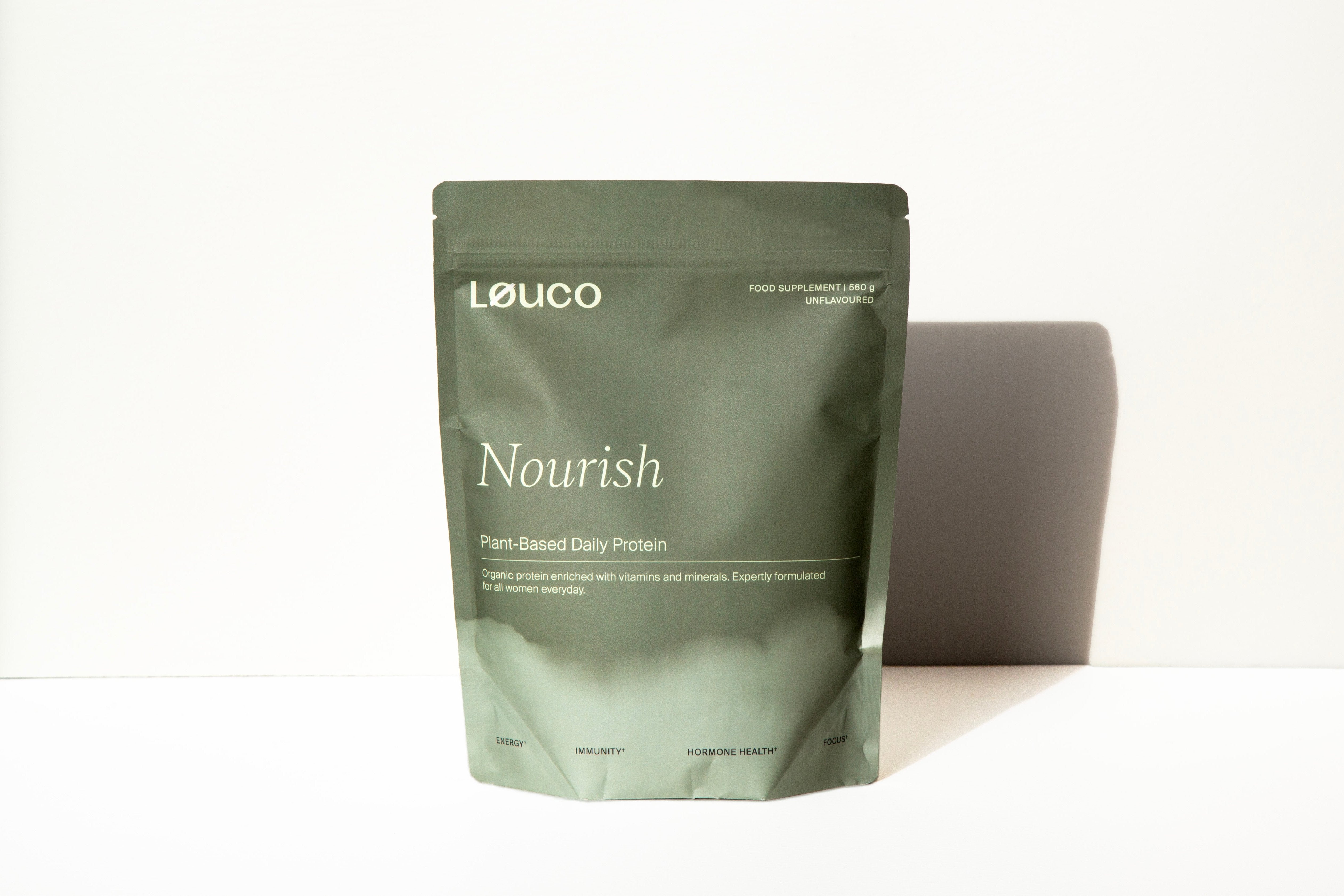
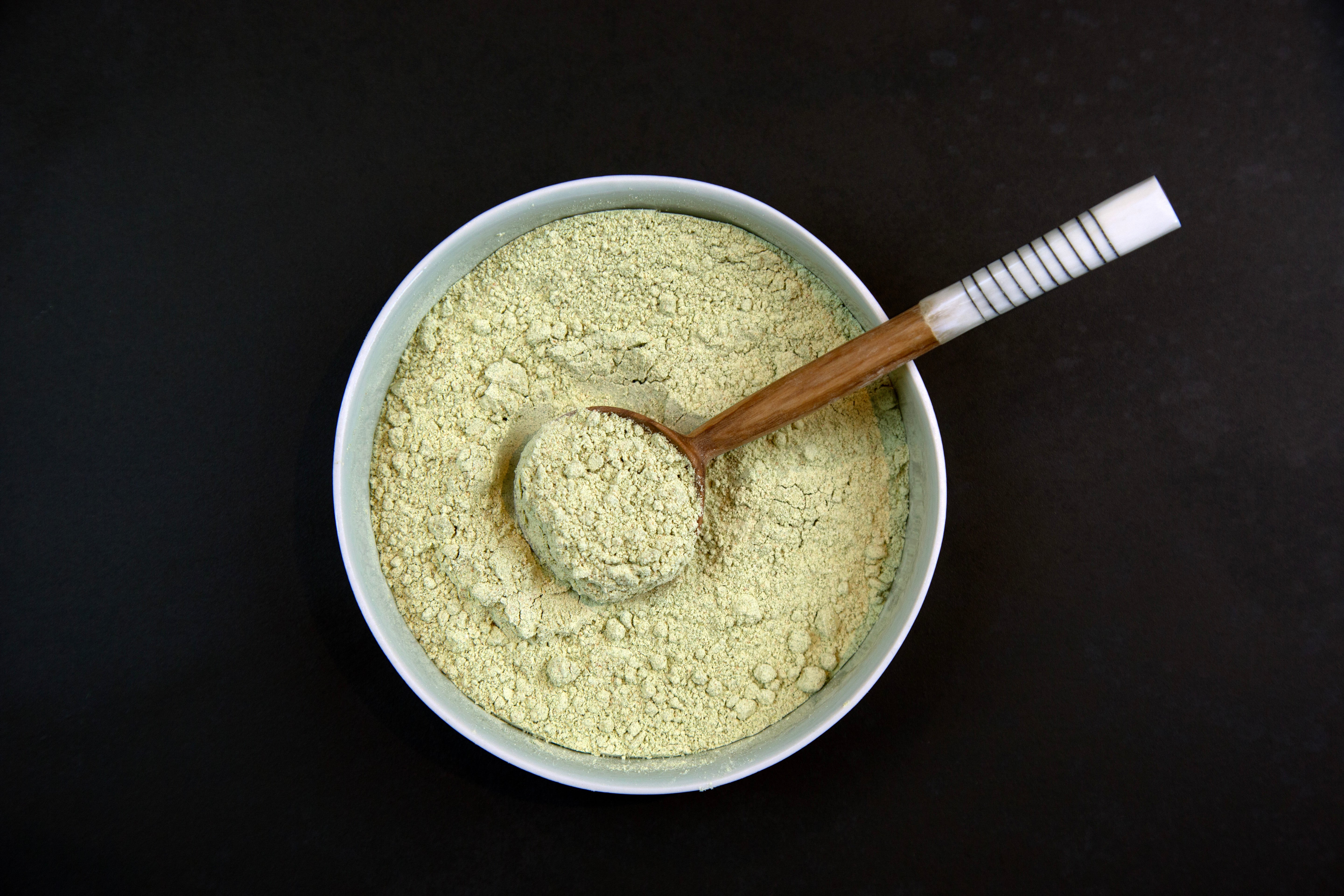
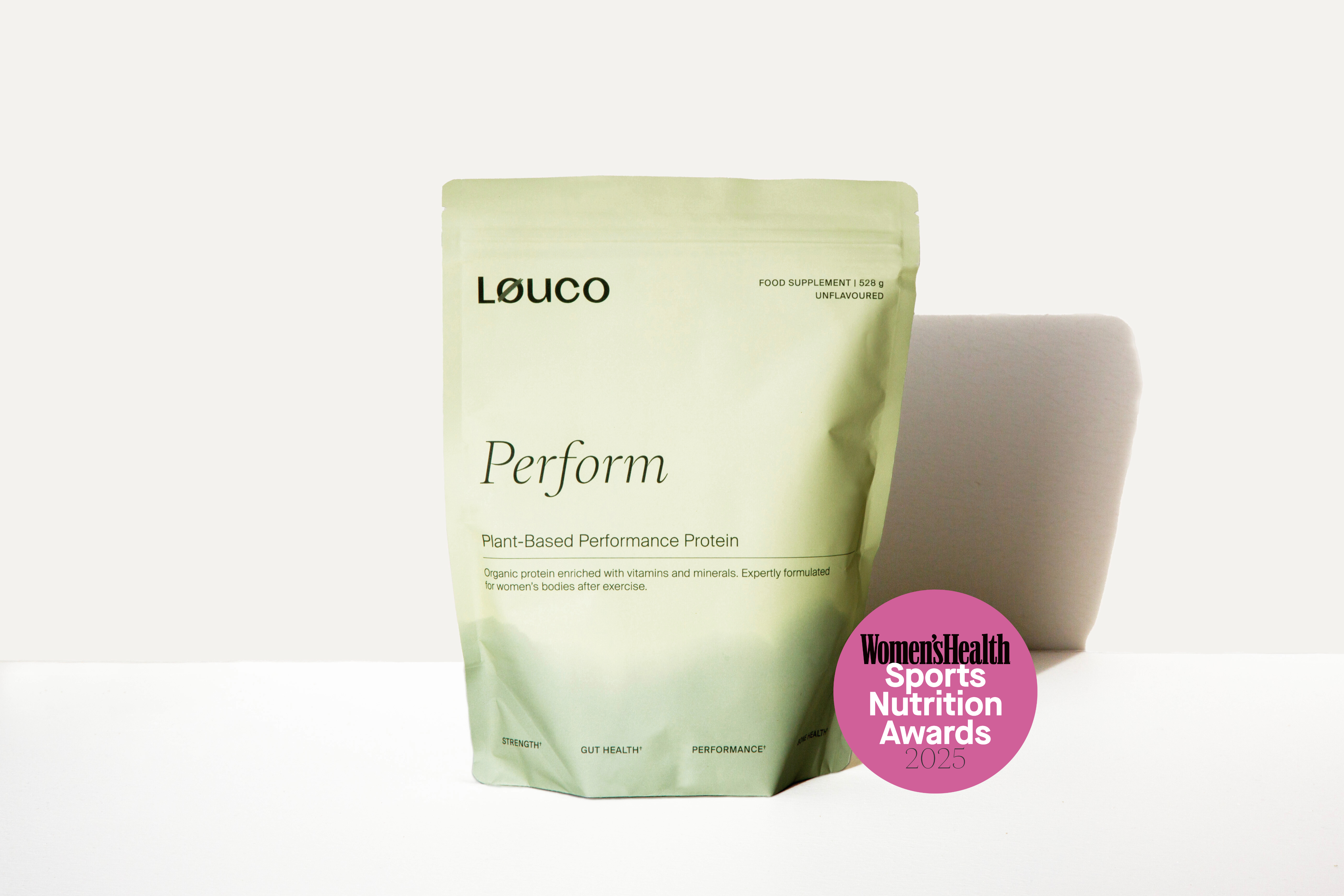
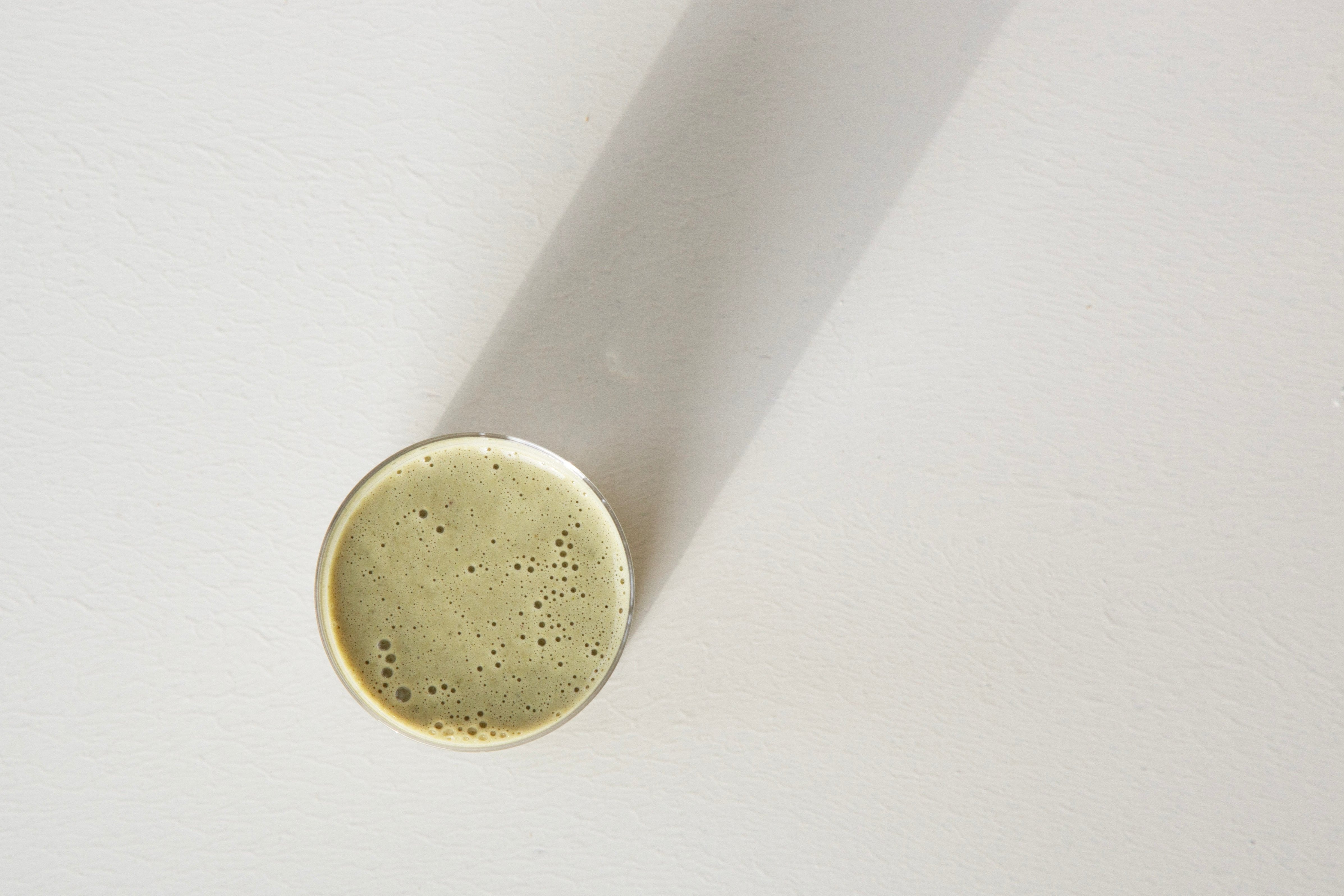
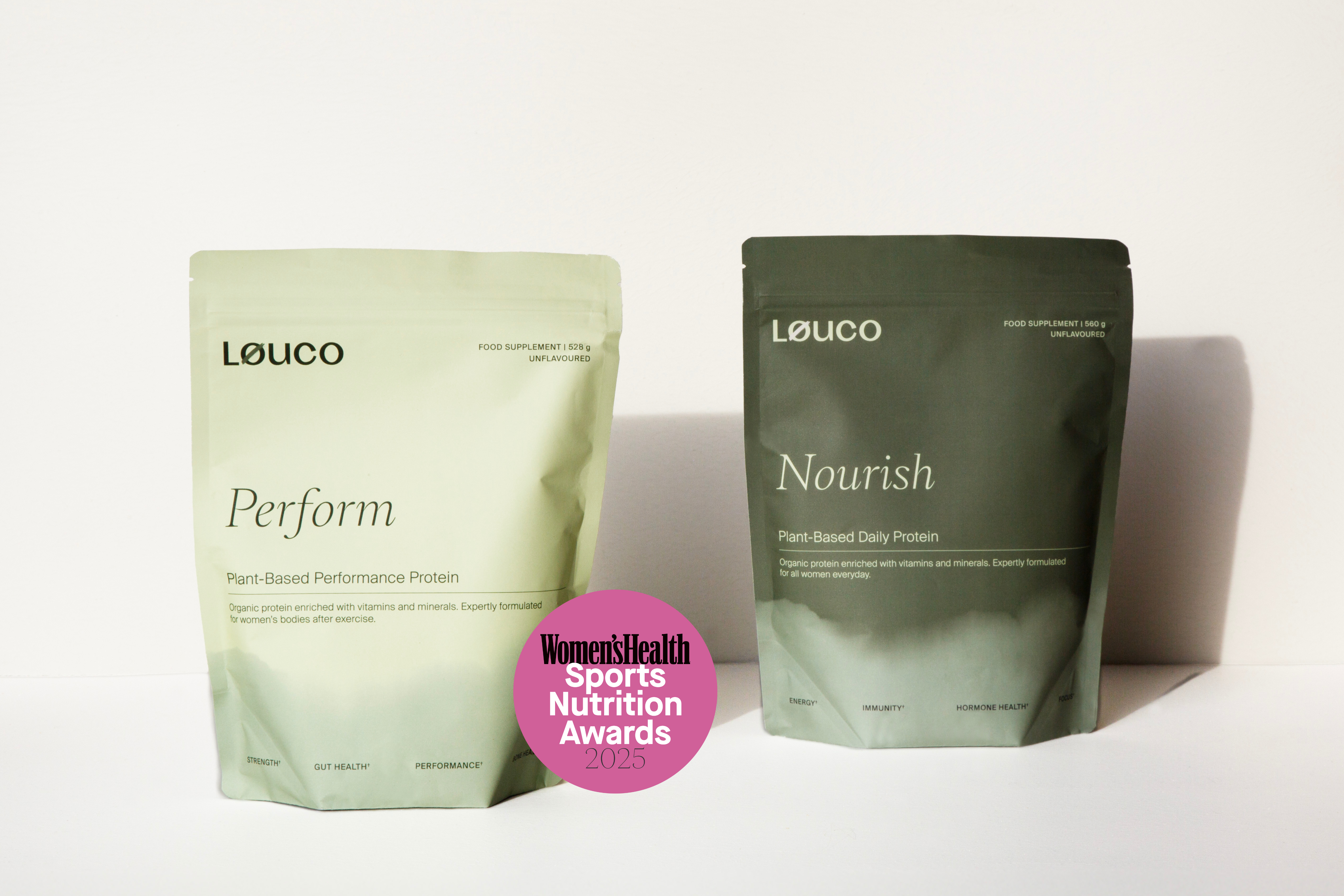
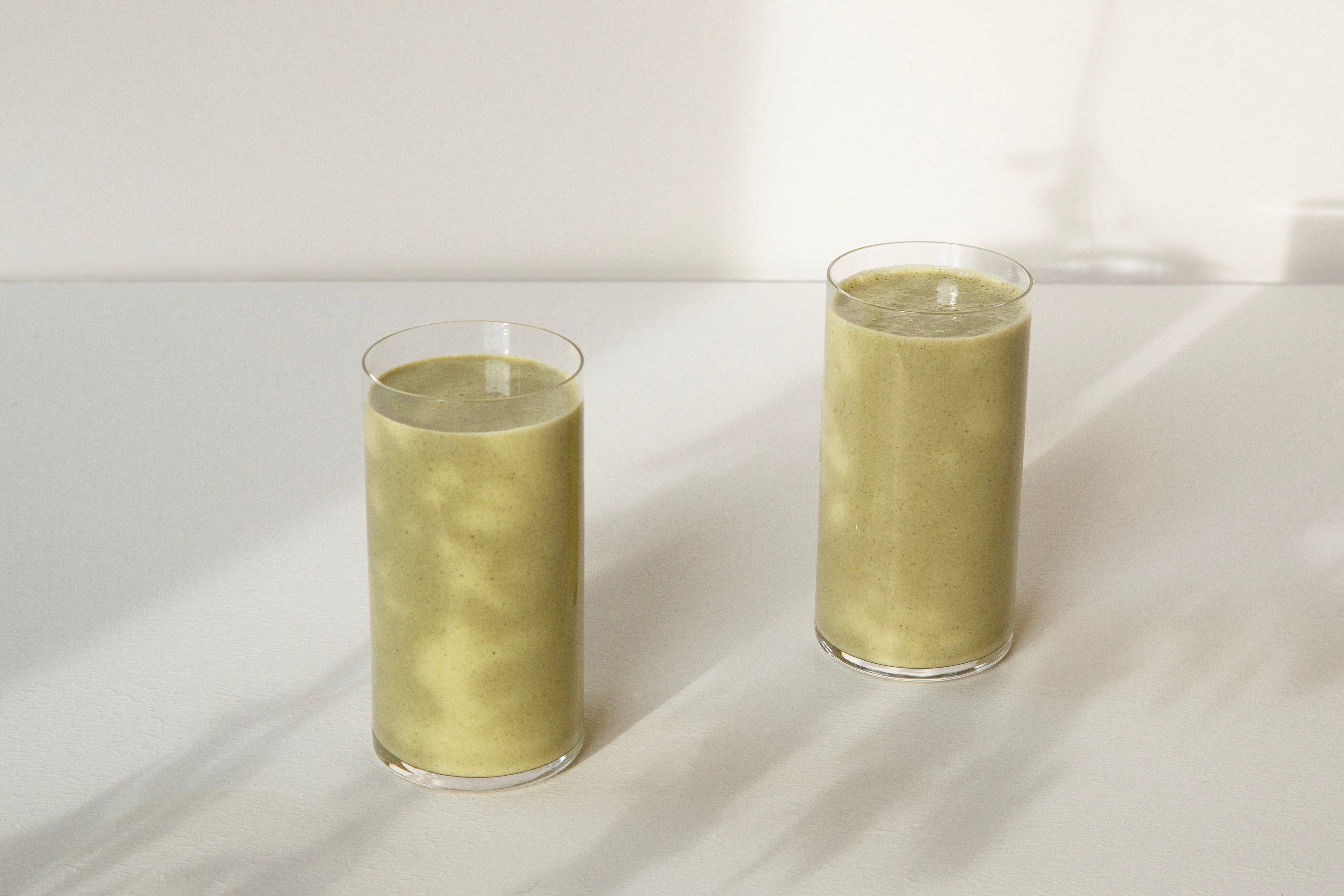

Leave a comment